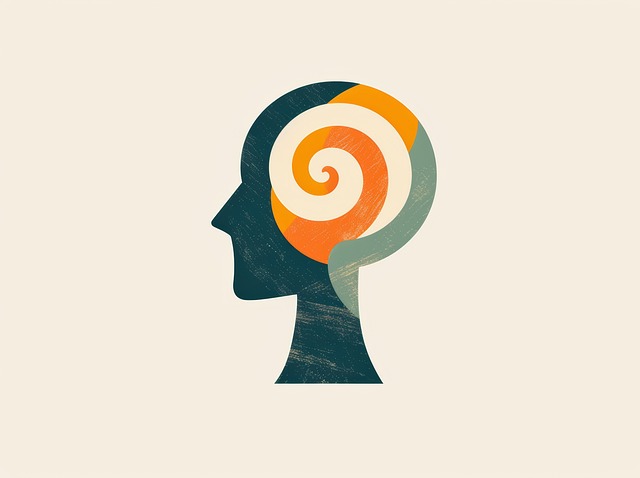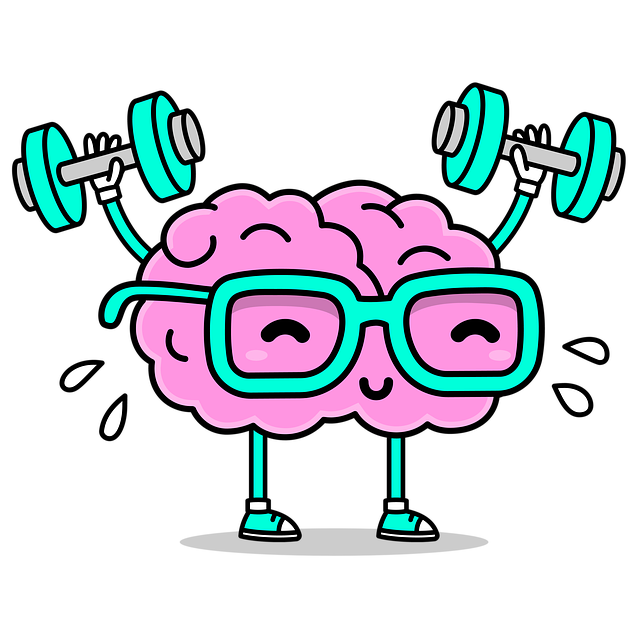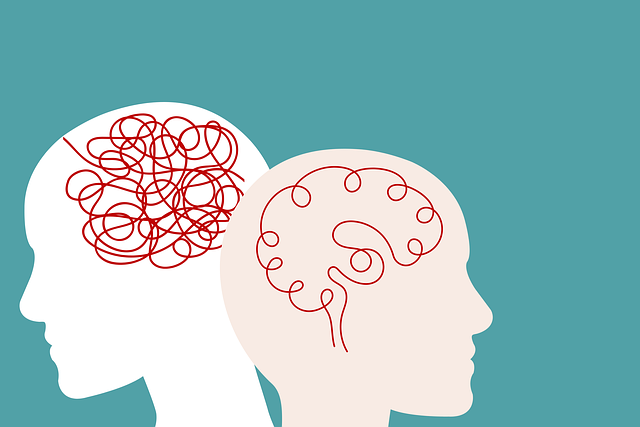Mental wellness groups address Centennial Workplace Issues like job stress and burnout by providing supportive environments, guided discussions, and interactive activities. Skilled facilitators empower participants with tools and perspectives to manage anxiety, fostering resilience and overall well-being. Combining Job Stress Therapy with stigma reduction efforts creates a safe space for open dialogue, promoting emotional strength and mental wellness in demanding work environments. Interactive techniques, including journaling exercises, meditations, and role-playing, enhance coping strategies, mindfulness, and problem-solving abilities, ultimately supporting workers' holistic development.
In today’s fast-paced and often stressful work environment, mental wellness groups have emerged as a vital tool for employee support. This article explores effective group facilitation techniques tailored to address Centennial workplace issues and job stress therapy. Through a facilitator’s lens, we delve into strategies that promote resilience, foster open communication, and enhance coping mechanisms within these supportive communities. Understanding the unique dynamics of mental wellness groups is key to creating a safe space where individuals can navigate and overcome the challenges posed by contemporary work-related stress.
- Understanding Mental Wellness Groups: A Facilitator's Perspective
- Centennial Workplace Issues and Their Impact on Employee Mental Health
- Effective Group Facilitation Techniques for Stress Therapy
- Promoting Resilience and Coping Strategies within the Group Setting
Understanding Mental Wellness Groups: A Facilitator's Perspective

Mental wellness groups offer a unique and powerful environment for individuals to connect, share experiences, and learn from one another. As a facilitator, understanding the dynamics of these groups is essential. These gatherings provide a safe space for members to explore their mental health challenges and strengths, fostering a sense of community. Centering on contemporary workplace issues such as job stress and burnout prevention strategies for healthcare providers, facilitators play a pivotal role in guiding discussions.
The goal is not merely to offer therapy but to empower participants with tools and perspectives that aid in anxiety relief. Techniques like Mental Wellness Journaling Exercise Guidance can be incorporated to help individuals process their thoughts and emotions. Through active facilitation, group members learn from each other’s experiences, gaining insights into managing stress, improving resilience, and enhancing overall mental wellness.
Centennial Workplace Issues and Their Impact on Employee Mental Health

In today’s fast-paced and often demanding work environments, what are known as Centennial Workplace Issues have emerged as significant contributors to employee mental health challenges. These issues encompass a range of factors unique to modern workplaces, such as heavy workloads, tight deadlines, and increased scrutiny. The constant pressure to perform at peak levels, coupled with the lack of control over one’s work schedule or environment, can lead to chronic stress and contribute to mental illness symptoms, including anxiety and depression.
Job Stress Therapy, a proactive approach to addressing these Centennial Workplace Issues, focuses on equipping employees with coping strategies to manage their mental health proactively. Through therapy sessions tailored to the workplace setting, professionals help individuals understand and reduce the impact of these stressors on their well-being. Mental Illness Stigma Reduction Efforts play a crucial role in this process, fostering an environment where employees feel safe discussing their struggles without fear of judgment, ultimately facilitating Inner Strength Development for better resilience and overall mental wellness.
Effective Group Facilitation Techniques for Stress Therapy

Effective group facilitation techniques play a pivotal role in stress therapy within modern workplaces, addressing issues like Centennial Workplace Stress and Job-related Anxiety. Skilled facilitators create safe, supportive environments that encourage open dialogue and foster camaraderie among colleagues. This collaborative approach not only enhances emotional well-being but also promotes practical coping strategies for daily workplace challenges.
Through interactive activities, such as guided meditations, self-awareness exercises, and group discussions, facilitators help individuals develop personalized mental wellness coaching programs. These sessions enable employees to explore stress triggers, practice mindfulness, and gain insights into their reactions. By integrating these practices into organizational culture, companies can create a more resilient and productive workforce while effectively managing workplace stress.
Promoting Resilience and Coping Strategies within the Group Setting

In a group setting, facilitating techniques that promote resilience and coping strategies can be immensely beneficial for participants facing various workplace issues and job stress. Through interactive activities and open discussions, facilitators create an environment where individuals feel supported and empowered to share their experiences. This sense of community fosters emotional regulation skills, enabling members to navigate challenging situations more effectively. By integrating practices from Centennial Workplace Issues and Job Stress Therapy, group sessions can offer practical tools for managing stress, enhancing overall mental wellness, and encouraging the development of coping mechanisms tailored to individual needs.
The process often involves teaching mindfulness techniques, promoting active listening, and facilitating role-playing scenarios to enhance problem-solving abilities. These activities not only strengthen emotional resilience but also encourage participants to explore and share their unique approaches to stress management. Incorporating mental wellness coaching programs within the group setting allows for a holistic development approach, where members gain valuable insights into their emotional responses and learn effective strategies to maintain balance in their professional and personal lives.
Mental wellness groups facilitated with effective techniques can significantly mitigate the impact of centennial workplace issues and job stress therapy. By fostering a supportive environment, facilitators empower individuals to build resilience and adopt healthy coping strategies. These practices not only enhance mental wellness but also contribute to increased productivity and overall organizational health. Embracing these facilitation techniques is a proactive step towards creating a more resilient and thriving workforce.














